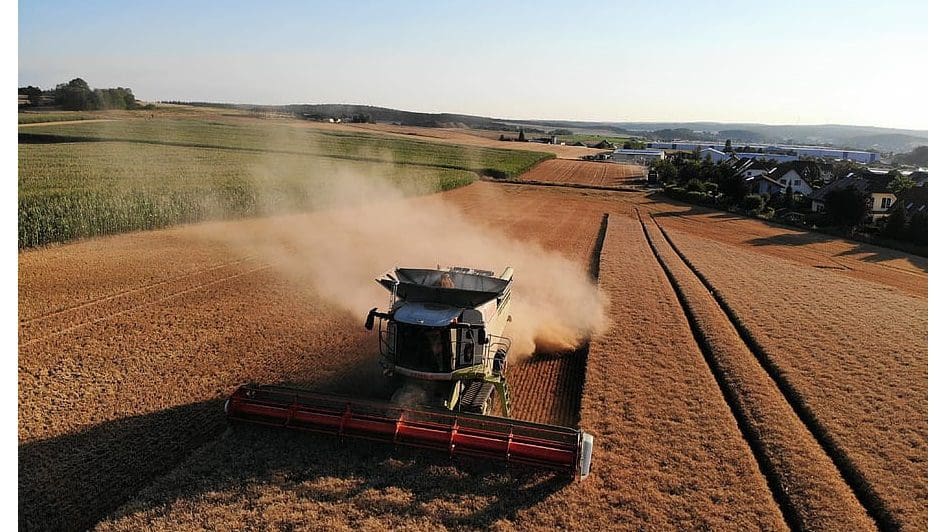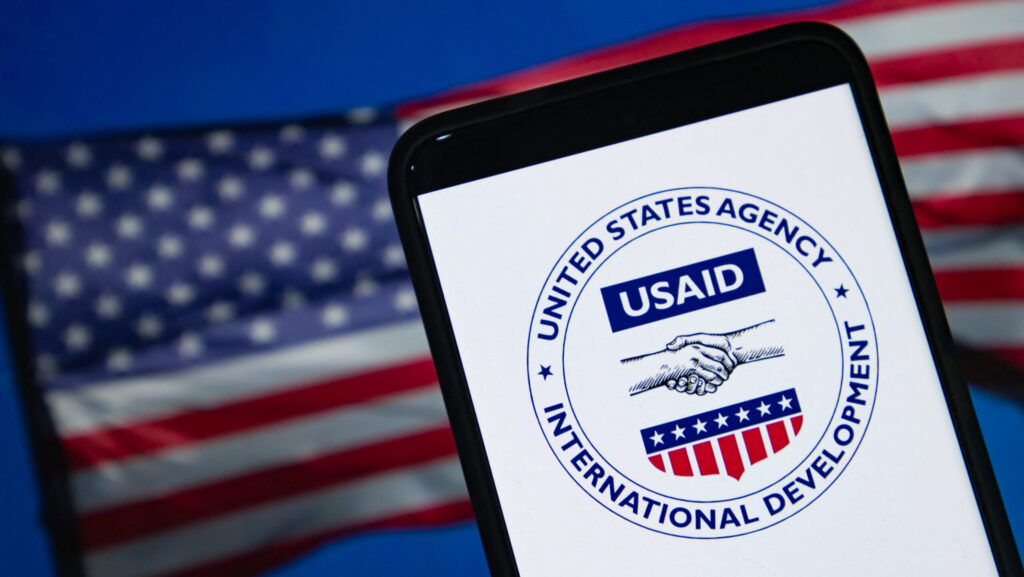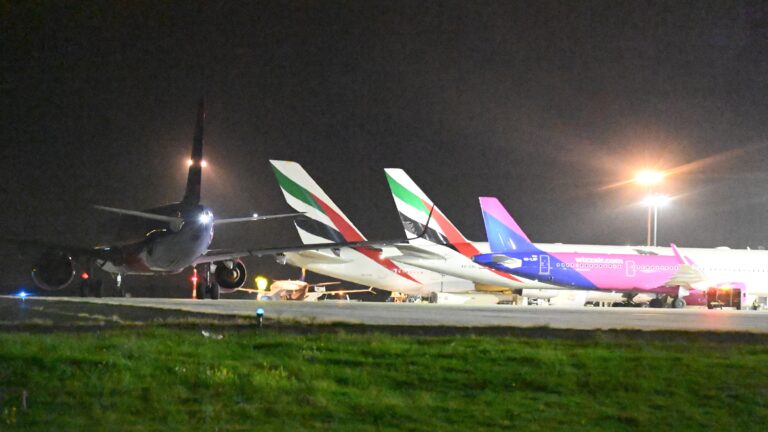The joint effort of five EU member states, Hungary, Poland, Slovakia, Romania, and Bulgaria, has been proven to be successful. These five countries joined forces back in April to pressure the European Union to provide help to farmers negatively affected by the huge loads of tariff-free grain imported to the EU from Ukraine.
On Monday, 26 June, the EU Council’s Agriculture and Fisheries Council, consisting of the 27 member states’ agricultural ministers, convened in Luxembourg for a meeting. While there, Minister of Agriculture István Nagy of Hungary announced that
the EU Commission approved a combined €100 million in aid to farmers in the five affected countries, of which Hungary is set to receive €15.93 million.
While Minister Nagy went on to call the sum ‘a symbolic gesture’, he then emphasised that it is also a testament that when countries of the Union stick together on an issue, they can achieve results. With around €36 billion of EU recovery and cohesion funds due to Hungary still locked up, it is definitely worth noting when at least some funding from the Union does reach Hungary.
The Controversy Surrounding Ukrainian Food Imports
Initially, protests by local farmers broke out in Poland about the glut of Ukrainian grain imports pushing down crop prices in February. The EU decided to remove tariffs on Ukrainian food imports in 2022 as a response to the Russian invasion. However, the harmful consequences of this measure pushed agricultural workers in neighbouring countries, especially Poland, to a boiling point. This culminated in the Polish Minister of Agriculture resigning in April 2023, and the country imposing a full-on ban on food imports from Ukraine shortly after. Hungary, Romania, Slovakia, and, lastly, Bulgaria followed suit in the drastic measure.
On top of the economic strain, some experts also fear that foodstuff coming from Ukraine are of subpar quality. This is mostly due to the fact that Ukrainian farmers are allowed to use certain pesticides that are banned in the EU due to health concerns. Slovakia cited this reason specifically for the barring of food imports from the embattled Eastern European nation.
In the wake of these bans, the EU Commission did acknowledge the concerns, but also claimed that ‘it is important to underline that trade policy is of EU exclusive competence and, therefore, unilateral actions are not acceptable’, according to a spokesperson quoted by Reuters.
While EU aid to farmers in Eastern European member nations was approved at the latest meeting of the Agriculture and Fisheries Council in Luxembourg, it is unclear whether this would lead to all five nations lifting their bans on imports from Ukraine—out of the five, Bulgaria has already announced it would do so. Minister Nagy of Hungary, on the other hand, stated that ‘more talks’ on agricultural trade with Ukraine will be held in the Council.
Positive Developments on Honey Labelling Regulations
The Luxembourg meeting of agricultural ministers has brought new developments on another front as well. Hungary has long been pushing for revising the EU guideline about displaying the countries of origin on mixed honey products. Now, these cries for change have finally been heeded.
From now on, if a mixed honey product contains honey from multiple different countries, all countries of origin must be displayed on the packaging, as per a new proposal submitted by the European Commission. Minister István Nagy has stated this is all
in an effort to ‘help protect the quality Hungarian honey’.
Hungary keeps pushing for more on this issue, eventually aiming to have the exact proportions of the ingredients coming from different countries in honey mixtures displayed as well.








